THE U.S. Army Crime Records Center at Fort Belvoir, Va., receives, stores and maintains about 40 years worth of criminal history records for the Criminal Investigation Command and other Army law enforcement entities.
'Though owned and operated by CID, the Crime Records Center has an Army mission, Phillip J. McGuire, director, explained.
'The overall mission of the CRC can be broken into three primary objectives: receipt, maintenance and retention of records; the Freedom of Information/Privacy Act program; and the Army Law Enforcement Polygraph Program, McGuire said.
'On the CID side of the house, we receive all reports of investigations that CID conducts. They assume investigative responsibility, we receive that investigative report and maintain it,' McGuire said. 'On the military police side of the house, we only receive subject military police reports.'
'In addition to maintaining and receiving records, the CRC will also release those records for various reasons and purposes related to administrative and law enforcement use, McGuire added.
'To release those records, organizations or CID agents have to query the Records Division, Chester Longcor, the division chief, explained:
'CID agents and military police are vetted through us, and they have telephonic access. No one else has telephonic access to us because of DOD rules and Freedom of Information-type things. Anyone else has to come to us is a written document with a signature on the bottom.'
'There is someone available 24 hours a day at the CRC for name checks and database management.
'We release (records) throughout the DOD for security purposes. We have significant interface with local law enforcement, they query us all the time,' McGuire said. 'We post records to the NCIC, National Crime Information Center, under certain thresholds that they query against and come to us for the actual files.'
'The records division supports criminal name checks, childcare name checks, senior officer promotion name checks, and releases records for use in different studies, like sexual assault studies, Longcor said. They also run the Soldier-Civilian Offense program, which ensures that Army personnel or former Army personnel that have been arrested have up-to-date criminal records at the CRC.
'We average about 25,000 name checks a month. It's constantly going, all the time,' Longcor said.
The Freedom of Information/Privacy Act program at the CRC is one of the most important issues today, McGuire said. One major effort at the CRC is providing death investigation records to Family members.
'What an FOIA request is, is a third party requesting a document. A privacy request is, of course, you want the record that pertains to you,' McGuire explained. 'We do about 3,000 of those a year. Now, that's a little misleading. Three thousand requests isn't 3,000 records; one request could entail hundreds of records.'
'The CRC also runs the amendment program. In addition to making people aware of what records exist and providing copies of what they can have, the amendment program allows an individual to request a correction on a record if there is an inaccuracy, McGuire said.
'The other main CRC responsibility is the Army Law Enforcement Polygraph Program, used to conduct criminal-specific issue testing. McGuire, also a certified polygraph examiner, said they conduct about 1,500 tests a year.
'We're very proud of our program,' he said. The federal government is modeled after the Army program, and during the 1970s, the CRC was one of the first organizations to establish a centralized quality-control system for polygraph testing.
'Polygraphs are a very powerful investigative tool, but it's also controversial, so we keep it under control. After the test has been administered, we do a 100-percent quality control of all polygraph examinations,' McGuire added.
'Emory Middleton, chief of polygraph and an examiner, explained that all examiners undergo extensive training. 'All the examiners within the CID are senior agents, but they are also federally certified examiners,' he said.
'Applicants go through an internal evaluation process, and must hold a minimum of a baccalaureate degree. Applicants attend the Defense Academy for Credibility Assessment's basic polygraph course, which is taught at the graduate level, Middleton said. Once that school is completed, there is a six-month internship where applicants conduct exams under supervision.
'After you successfully complete that, then you're brought up here for evaluation to see if you're not only able to properly conduct a polygraph examination, but you have that particular skill set, and then you are certified by the commanding general,' Middleton said.
'All examiners must meet a continuing education requirement of about 40 hours a year, and must conduct a set number of exams within six months to maintain certification.
While polygraph results themselves are not usually admissible in court, Middleton said, any statements made during the testing period are admissible. Middleton also pointed out that no one can be made to take a polygraph test in their arena-if an individual does not sign the consent form, the examiner will not conduct the test, 'and no adverse action can be taken against them based solely on their refusal to take a polygraph exam.'
'The full polygraph exam consists of three parts: the pretest, in which the case facts are discussed; the actual polygraph test; and the post-test, where the examiner speaks with a subject about the polygraph exam, Middleton explained.
'Polygraph results are reliable and valid with a 'confident, school-trained examiner conducting an exam in accordance with established techniques,' he added.
'The CRC is important to CID and the Army because it helps support security measures, ensures the quality of the force and helps protects the force through the polygraph and FOI/Privacy Act programs, McGuire said.
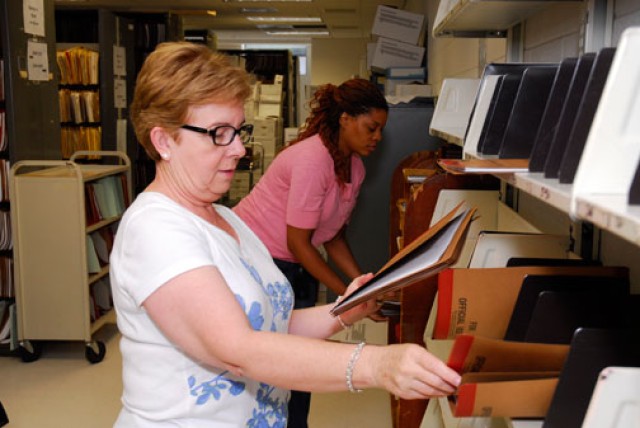
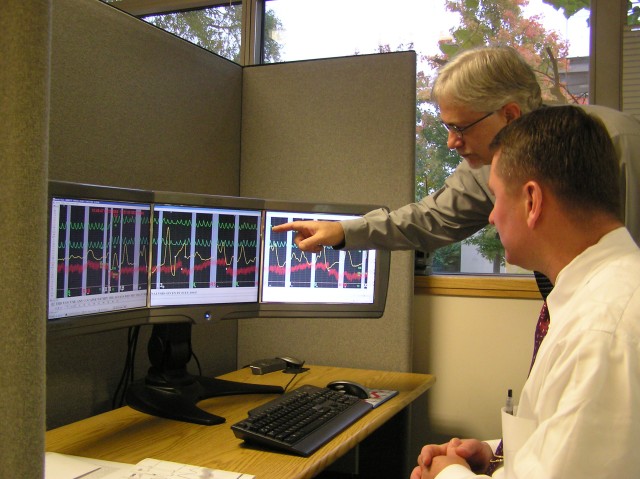
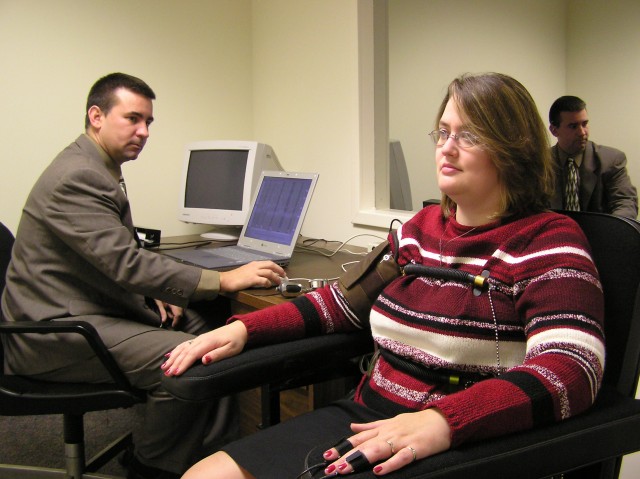
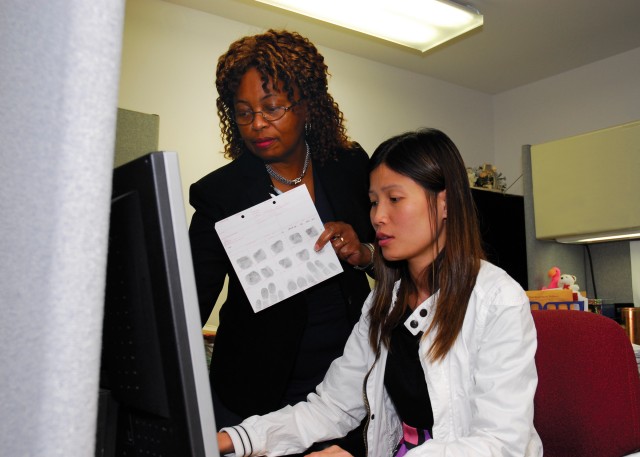



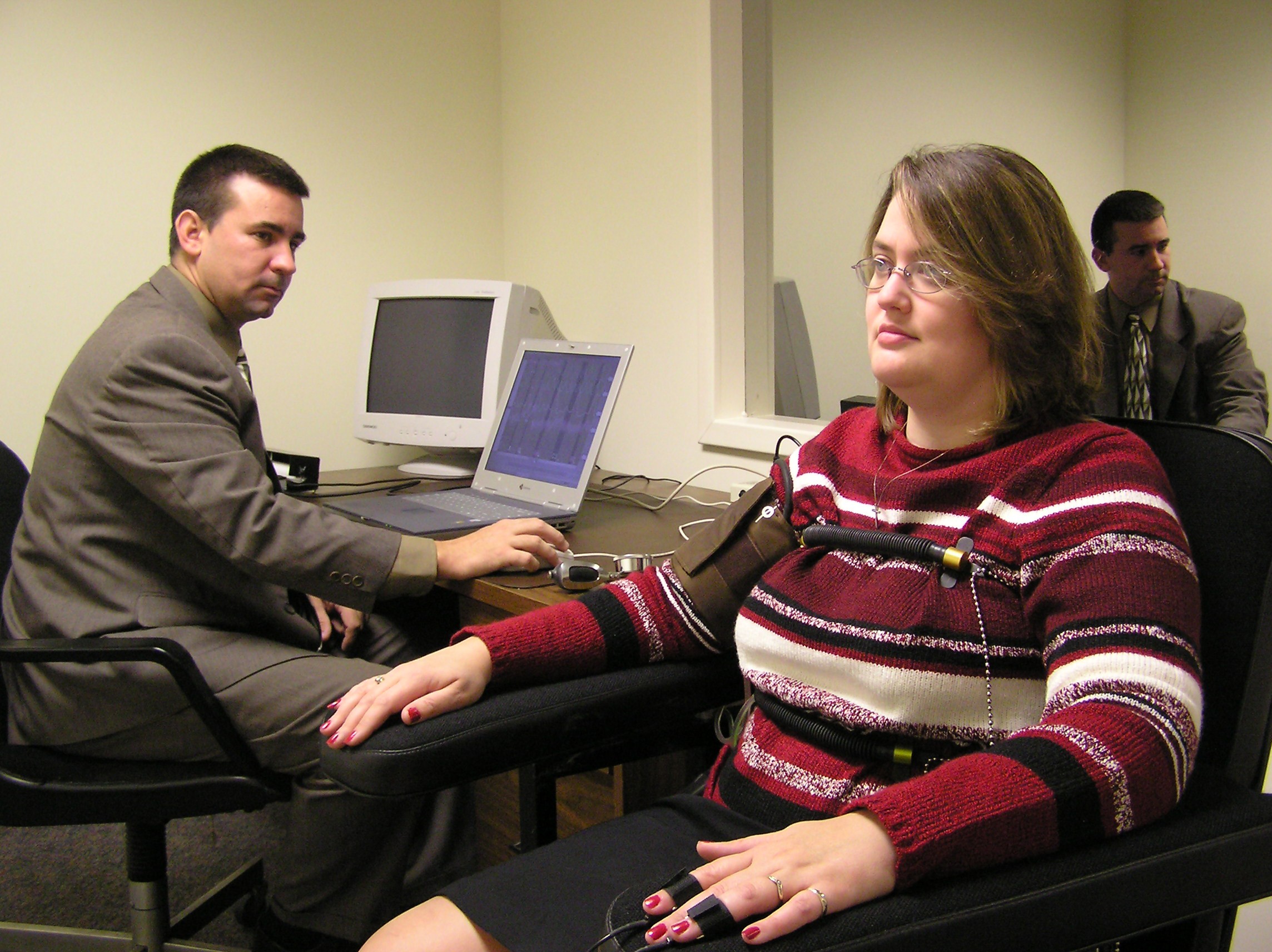
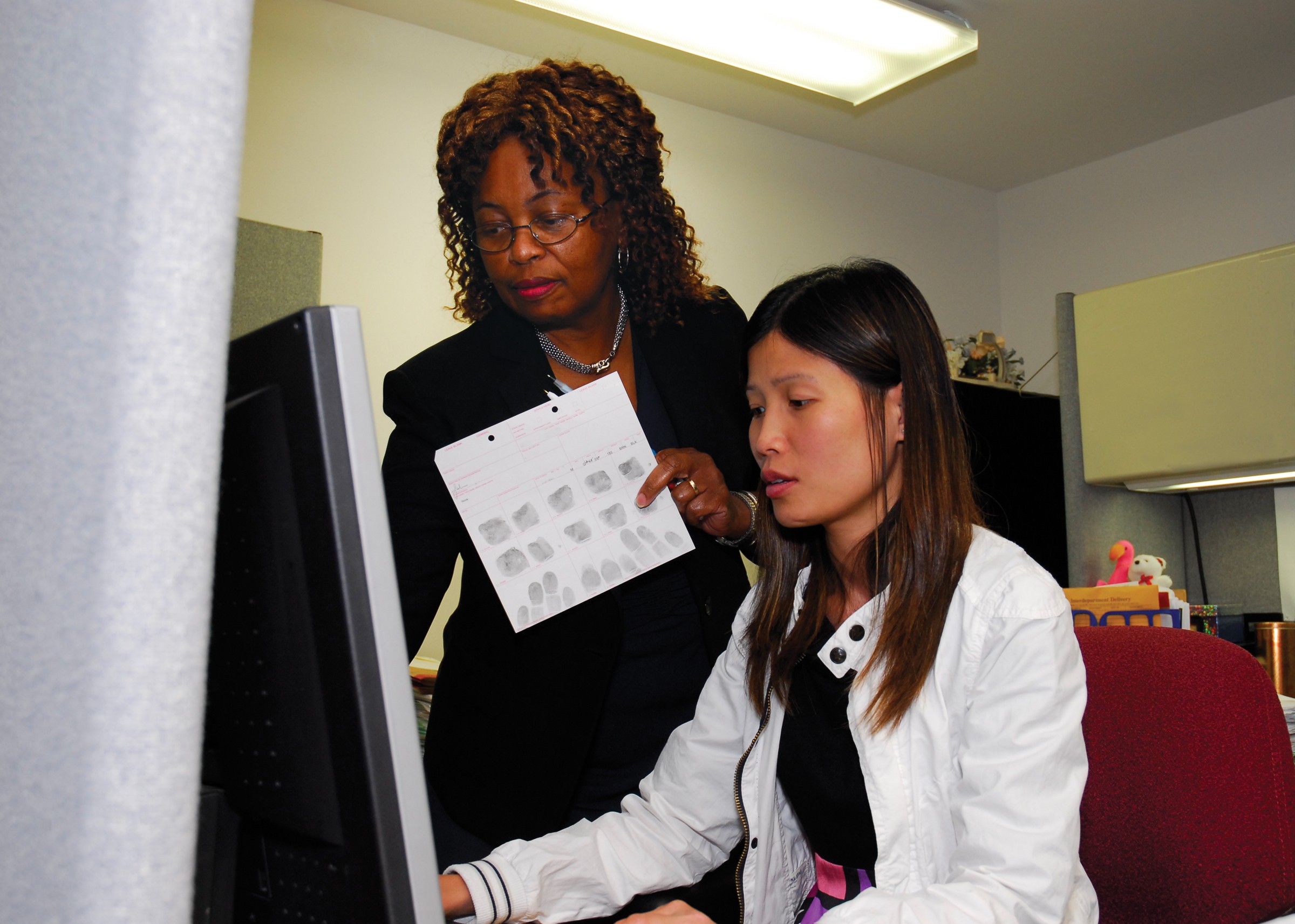

Social Sharing